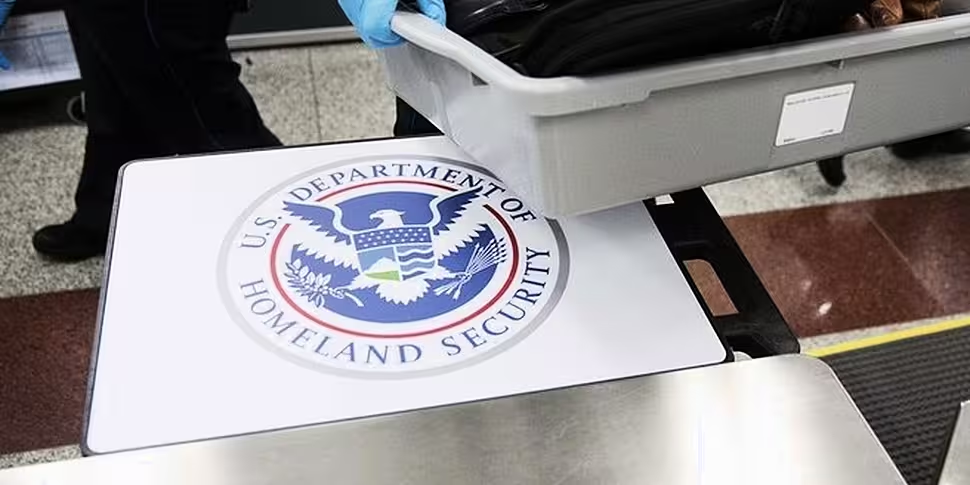Digital privacy advocates in the US are taking a stand against a new proposal by the Department of Homeland Security that would ask foreign visitors arriving in US airports to provide their Twitter and Facebook account names. The initiative, if pursued, would ask all non-US residents seeking to enter the country to optionally register information relating to a “social media identifier” under the contact information when filling out their immigration details.
“Customs & Border Protection’s latest proposal to make social media a part of the process to enter the United States is backward thinking and destructive to human rights,” said Amie Stepanovich, the US policy manager at Access Now, the civil liberties body leading the campaign against the proposal.
According to the group, the concept of Homeland Security gathering data on visitors’ social media accounts is problematic because of a second proposal in the pipeline that enables it to share that kind of information with other government and law enforcement agencies. As such, tourists and business travellers will be asked to provide the personal information upon arrival in the US, unaware that it will be then entered into databases that will be made available to other agencies.
“The system they are establishing will enable compel contact chaining and social analysis, removing important context and nuances in informal language,” Stepanovich told Vocativ. “It allows and encourages people to be substantively judged because who they ‘friend’ or ‘follow’ on social media. The outcomes of these decisions will have lasting impacts on travellers, particularly those in marginalised communities. The fact that CBP wants to share this information freely among DHS exacerbates all of these problems.”
Responding to these criticisms, Homeland Security defended its proposed security check, arguing that the information was optional and that its goal remains preventing terrorists from entering the US.
“The reality is that today’s society is using social media as a primary means for communication. This includes terrorists, terrorist organisations, and criminals,” a DHS statement reads. “Collecting social media identifiers [...] may help detect potential threats because experience has shown that criminals and terrorists, whether intentionally or not, have provided previously unavailable information via social media that identified their true intentions.”









